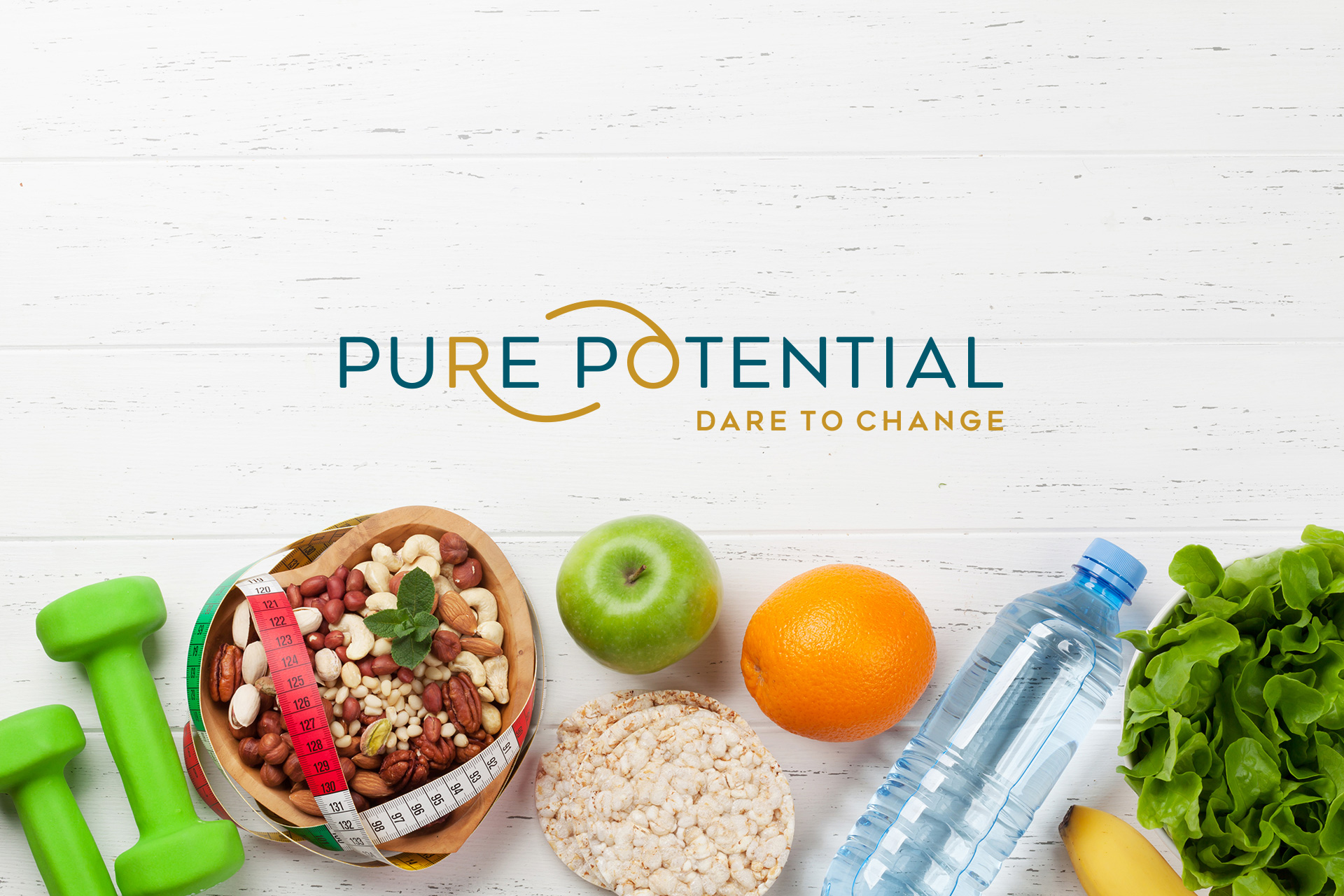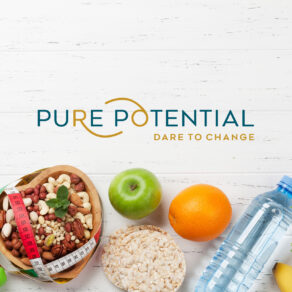More and more studies are being done in relation to food and brain health. One thing seems to be certain: what we feed the brain affects its performance. And doesn’t that make sense? So, if we want a healthy brain, it’s up to us to make some wise choices. But bonus, these choices will also help in all aspects of your health.
Fish
Fish is high in omega-3 fatty acids, which help build brain cells and improve memory and cognition. Salmon, bluefin tuna, anchovies, herring, mackerel, black cod, whitefish, sardines, striped bass and cobia are the highest in omega-3 fatty acids. If you are like me, I am selective about my taste for some fish, but it’s great if you can incorporate at least 2 servings a week (3oz) cooked.
Blueberries and other antioxidant-rich foods
Blueberries (my personal favorite) are packed with antioxidants that help protect the brain from oxidative stress and improve communication between brain cells. Antioxidants are molecules that fight free radicals. A free radical is a compound that can cause harm if levels get too high. They are linked to diabetes, heart disease, and cancer.
Other great antioxidant-rich foods are raspberries, artichokes, cranberries, kidney beans, pomegranates, parsley, acai fruit, cocoa powder and herbs such as parsley, sage, turmeric, cinnamon, rosemary, oregano and cloves – not limited to these choices!
Leafy Greens
They’re pretty and they make you feel healthy! Leafy greens are rich in vitamin K, which is essential for forming sphingolipids, a type of fat that’s densely packed into brain cells. Leafy greens are foods such as these: kale, spinach, Swiss chard, Bok choy, microgreens, collard greens, romaine lettuce, watercress, and beet greens.
Nuts and Seeds
These contain vitamin E, which may help prevent cognitive decline as you age. It is recommended to eat 30 grams daily for health. Almonds, Brazil nuts, cashew nuts, hazelnuts, macadamias, pecans, pine nuts, pistachios, and walnuts are all great choice. So are peanuts – which are actually a legume, but they are classified as a nut due to their similar characteristic to tree nuts.
Pumpkin seeds, flax seeds, sesame seeds, poppy seeds, sunflower seeds, psyllium seeds and chia seeds are all great complements on your food and your brain will love you for it!
Non–Alcoholic Beverages
Drink water — your brain and body will love you! Often, we are dehydrated and don’t know it. If the taste of water is boring to you like it is for me, try adding lemon juice or fresh fruit and herbs. Cucumber and mint is especially refreshing on a hot summer day.
FOOD AND BEVERAGE CHOICES TO AVOID
Soda
Soda is loaded with sugar, which can lead to inflammation and oxidative stress that can damage brain cells. There are no benefits to sodas except that they taste good to some. If you are hoping to lose weight or keep your teeth healthy as well as your brain, this is the first thing to eliminate from your diet. Try drinking seltzer water with added lemon, lime, and mint. Or add oranges slices and strawberries. There are endless choices of refreshing beverages which don’t involve soda.
Fast Foods
These are loaded with saturated and trans fats and salt, which can increase your risk of developing Alzheimer’s disease. There are some options at fast foods that can be considered healthy. Choose wisely if you must eat there.
Processed Snacks
Snacks which are not natural are usually high in trans fats, sugar, and salt, which can harm brain cells and increase inflammation. They can also add empty, high calories to our bodies, never leaving us satisfied.
STOP DRINKING ALCHOL
Studies are now showing that there is no level of alcohol consumption that is safe for our health. An article in World Health Organization (WHO – see their Jan. 4, 2023 news release) expresses concern that it is alcohol which is the toxin. Alcohol is a psychoactive, dependence-producing substance that has been classified as a Group 1 carcinogen by the International Agency for Research on Cancer decades ago. Alcohol causes at least 7 types of cancer. Alcohol is ethanol (fuel we put in our vehicles) which means that any beverage containing alcohol poses a risk. While some studies suggest that moderate alcohol consumption can benefit brain health, especially drinking red wine, it is important to be very cautious. Heavy drinking can increase your risk of developing dementia and alcoholism.
Avoid binge drinking
What is binge drinking? Consuming several alcohol beverages in one event. For instance, 2 drinks in an hour, every hour, or a bottle of wine in a few hours. You get the picture. Binge drinking can lead to memory loss and brain damage. Binge drinking can cause shame, accidents, loss of life. Consuming alcohol too early in life can also impair brain development.
Excessive alcohol consumption can have a negative impact on brain health. Heavy drinking can increase your risk of developing dementia as well as alcoholism. Here are some of the effects:
- Shrinks brain tissue
- Increases risk of depression and anxiety
- Can lead to memory loss and blackouts
- Can lead to impairment of cognitive function and brain development
Need help dropping the bottle for good? Or if you are interested in coaching on how to incorporate these choices into your daily life, book a discovery call with me today!









